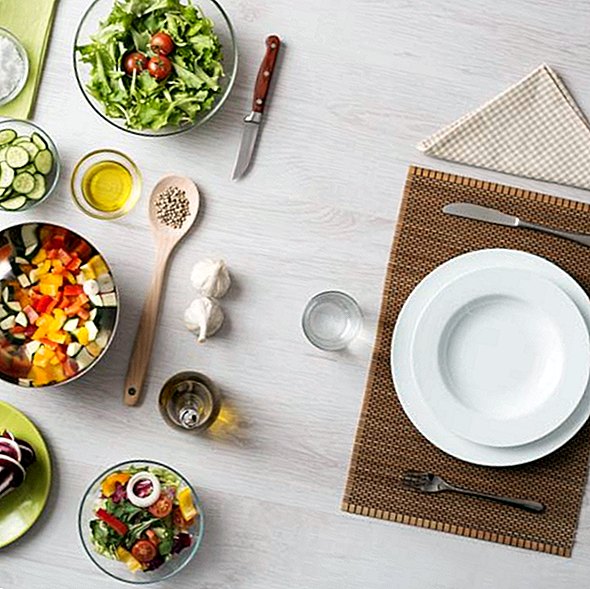Anna wants to eat sustainably? without breaking their tight budget

Anna is 33 years old and lives together with two Norwegians in a shared flat in Copenhagen. At Copenhagen Business School she is currently studying BLC, a combination of business, language and culture with a focus on diversity and change management. Incidentally, Anna lived, studied and worked in Hamburg until August 2016. In the coming weeks, we will give the student tips and tricks for a healthy, balanced and sustainable diet.
 © Anna-Ulrike Soldier
© Anna-Ulrike SoldierChroniquesDuVasteMonde: Why is sustainability important to you?
ANNA-ULRIKE SOLDIER: In other words, why should not I care about it? Since my semester abroad in Copenhagen in 2014, I have dealt with the topic. In my opinion, sustainability is a buzzword and covers an infinite number of categories and has many aspects. Therefore, I would like to consciously deal with it. It is important to raise awareness and discuss issues such as climate change, fair trade production, recycling and mobility, and to be informed. I care about sustainability because there is only one world and one life we live in? and we should do that consciously and with more responsibility, in all dimensions of our everyday life.
How would you describe your current diet?
I have been working for the last few years and have enjoyed the advantage of a very good canteen, which has offered very varied dishes. Recently I live as a full-time master student in Copenhagen? and I had to change pretty much. I do not eat vegan or vegetarian food, but eat little light meat because I do not like it. I go to the refectory, but I cook more often at home or take sandwiches with me on the way. But I also like to snack or even grab some fast-food dishes when things need to go fast.
What attracts you to the subject area "Food"?
I associate food and sustainability with vegan and vegetarian diets or expensive organic products. Ecologically valuable or fair trade are buzzwords. Maybe that's also prejudice. I have to eat every day but have difficulties with what I should cook and what products I can use. I ask myself: Do I buy for the whole week and do I really consume everything a week? Or do food ends up in the garbage? What does sustainable food actually mean? Is it about the production of food or is it about organic products from organic farmers? And now you only have to get your food through foodsharing and containers? I need tips for the (students) -day, how I can eat balanced and yet healthy and sustainable.
Are you already doing something to live sustainably?
I deal with the topic by listening to lectures, such as on sustainable banking, a rather unknown topic. I separate my garbage, go to foodsharing in Copenhagen, use a KeepCup (reusable cup), when I drink outside coffee, glass bottles instead of plastic, Lunch box instead of aluminum foil, I take the train for the trips between Hamburg and Copenhagen. I was an active member of oikos Hamburg, a student organization of the University of Hamburg on the subject of sustainability in the economy. I ride a bicycle and do not own a car. I try to buy conscious clothes and pay attention to materials. But all in moderation, I also drink Coke and buy at ZARA, take the plane to travel to Asia or buy an instant product, if I want to eat something fast in between.
What do you expect from the action?
I expect tips for the everyday life of a student in an expensive city like Copenhagen. The possibilities here are endless, but I want to know how I can live more consciously through the action, without spending a lot of money and wasting food. How can I change my consumption and use more sustainable products? In addition, I would like to create awareness in my environment and pass on the tips and tricks.










